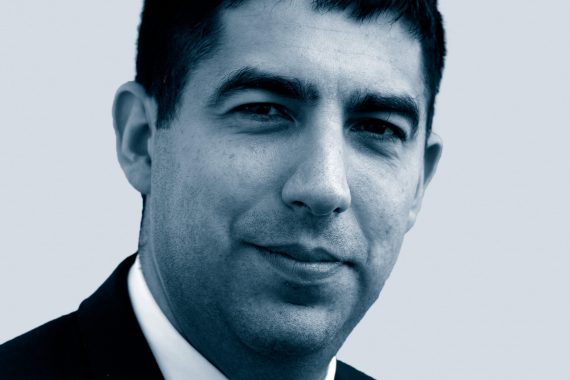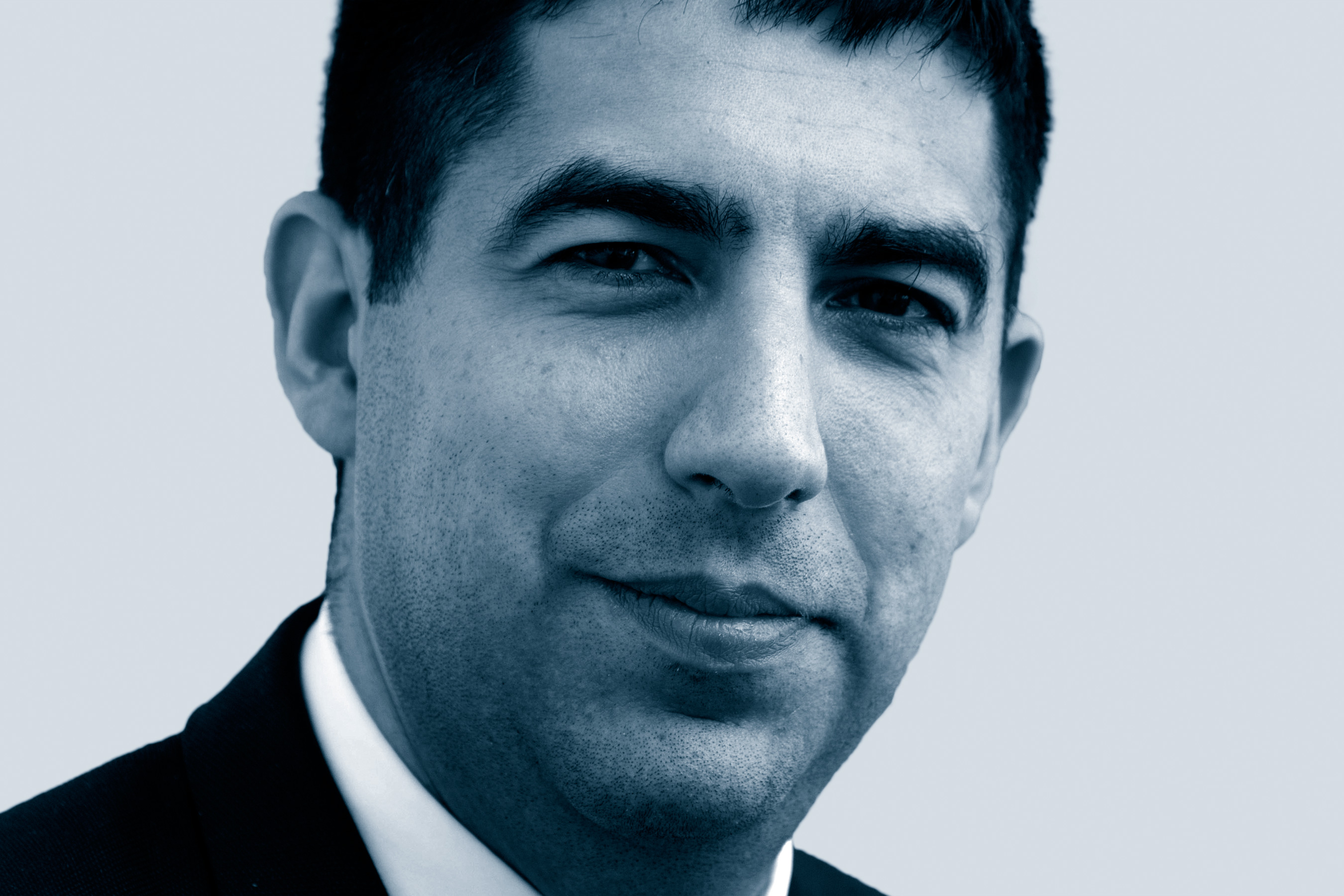NHS leaders are complicit in stoking patient demand


When it comes to tackling the GP workload crisis, health chiefs seem to have understood the problems with recruitment. There have been plenty of schemes: incentives for GPs to stay in or return to the NHS, drives to attract GPs from abroad and golden handshakes worth £20,000 to lure them into hard-to-recruit areas. True, there has been limited success, but at least attempts are being made.
But there is another side to the crisis: the increasing demands from patients. And, on this, policymakers just don’t get it. They are not only failing to reduce demand – they’re actively fuelling it.
Our investigation shows how public health authorities have been complicit in the myriad of campaigns that urge patients to see their GPs.
Take Public Health England’s ‘Heart Age Test’ – enthusiastically supported by health secretary Matt Hancock. It tells patients as young as 30 to see their GP (or nurse, or pharmacist) if they don’t know their blood pressure or cholesterol levels. It was partly influenced by the charity Heart UK, which itself receives funding from pharma companies. As many GPs have pointed out, this is not a good use of GP time.
Tackling patient demand is as important as increasing GP numbers
At the same time, the Government and NHS England remain hell-bent on rolling out seven-day routine appointments across the country. As our investigation reveals, GPs’ initial warnings have been borne out: there simply isn’t much of an appetite for evening or weekend opening, especially on Sunday. Yet ministers and managers are ploughing ahead with this costly policy.
I have no doubt that a few years down the line, these appointments will be filled. But this won’t be a plus point. Just as adding an extra lane to a motorway simply leads to more users on the road with no less congestion, seven-day services will not reduce the burden but encourage more patients to consult. GP appointment waiting times will continue to lengthen, and A&E will continue to be overwhelmed.
Of course, there is only so much health managers can do to reduce patient demand. In the same way the NHS can’t magic up 5,000 GPs, it can’t prevent rising multimorbidity or an increasingly ageing population (although its winter ‘planning’ might well contribute to reversing the latter).
But what managers can do is realise that tackling demand is as important as increasing GP numbers – and this involves a culture change. So instead of encouraging patients with a cold to see a pharmacist and not their GP, how about issuing advice that they don’t need medical care at all? How about distancing themselves from campaigns that encourage patients to see their GPs but that haven’t been endorsed by the National Screening Committee?
Or how about even taking the lead from good GPs, with campaigns that, say, reassure parents that symptoms like childhood cough, fever and earache are not urgent and usually don’t need medical attention?
I believe the public would be receptive to this, especially if told it would free up capacity. But regardless of public support, these policies won’t make for an exciting manifesto. It’s all enough to raise my blood pressure. I wonder if I should get it checked…
Jaimie Kaffash is editor of Pulse. Follow him on Twitter @jkaffash or email him at [email protected]









